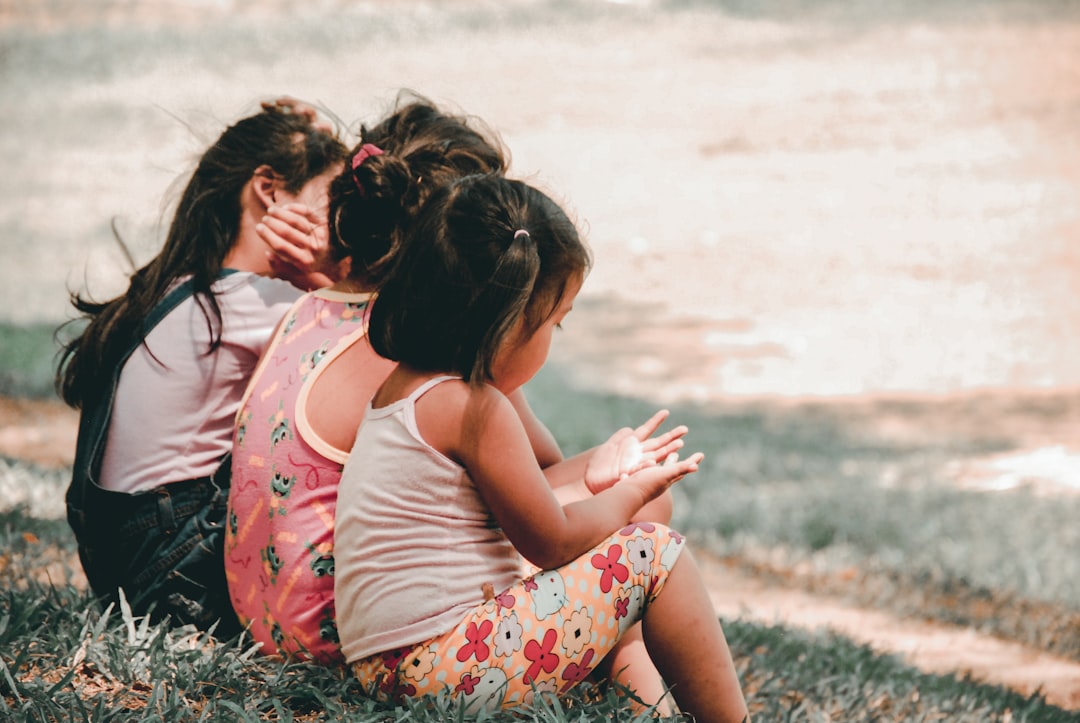Parentified Children
The content on this site is for informational or educational purposes only, and does not substitute professional medical advice or consultations with healthcare professionals.
Parentification is a term used to describe a situation in which a child is forced to take on the role of a parent or caregiver for their siblings or even their own parents. This can occur in various ways, such as when a parent is absent due to work, illness, or addiction, or when a parent is emotionally unavailable or unable to fulfill their parental responsibilities.

When a child becomes parentified, they are forced to grow up quickly and take on adult responsibilities at a young age. This can have a significant impact on their emotional, social, and psychological development.
Emotional Impact
Parentified children often experience a range of complex emotions. On one hand, they may feel a sense of pride and accomplishment for being able to take care of others. However, they may also feel overwhelmed, stressed, and burdened by the responsibilities placed upon them.

These children may struggle to express their own needs and emotions, as they are constantly focused on meeting the needs of others. As a result, they may develop a sense of emotional repression and have difficulty forming healthy relationships in adulthood.
Social Impact
The social impact of parentification can be significant. These children often miss out on typical childhood experiences, such as playing with friends, participating in extracurricular activities, or simply having time for themselves. They may also struggle to relate to their peers, as their life experiences and responsibilities are vastly different.

Additionally, parentified children may have difficulty trusting others and forming secure attachments. They may feel a sense of alienation and isolation, as they are unable to relate to their peers' experiences and struggles.
Psychological Impact
The psychological impact of parentification can be long-lasting. These children may develop high levels of anxiety, depression, and chronic stress. They may also have difficulty setting boundaries and asserting their own needs, as they have become accustomed to putting others first.

Furthermore, parentified children may struggle with feelings of inadequacy and low self-esteem. They may constantly seek validation and approval from others, as they have never had the opportunity to develop a strong sense of self.
Coping Mechanisms
Parentified children often develop various coping mechanisms to deal with the challenges they face. Some may become overly responsible and perfectionistic, striving to excel in all areas of their lives. Others may become rebellious or engage in risky behaviors as a way to reclaim their lost childhood.

It is important to note that not all parentified children will experience negative outcomes. Some may develop resilience and resourcefulness as a result of their experiences. However, it is crucial to provide support and resources to help these children navigate the challenges they face.
Supporting Parentified Children
Supporting parentified children requires a multi-faceted approach. It is essential to provide these children with a safe and nurturing environment where they can express their emotions and needs without fear of judgment or criticism.

Therapy can be a valuable tool for parentified children, as it allows them to process their experiences, develop healthy coping mechanisms, and build resilience. Additionally, if therapeutically appropriate, it is important to involve other family members, such as extended family or close friends, who can provide support and relief for the child.
Conclusion
Parentification can have a profound impact on a child's life. It is crucial to recognize the signs of parentification and provide appropriate support and resources to help these children navigate their unique challenges. By doing so, we can help them heal, develop healthy relationships, and ultimately thrive in adulthood.